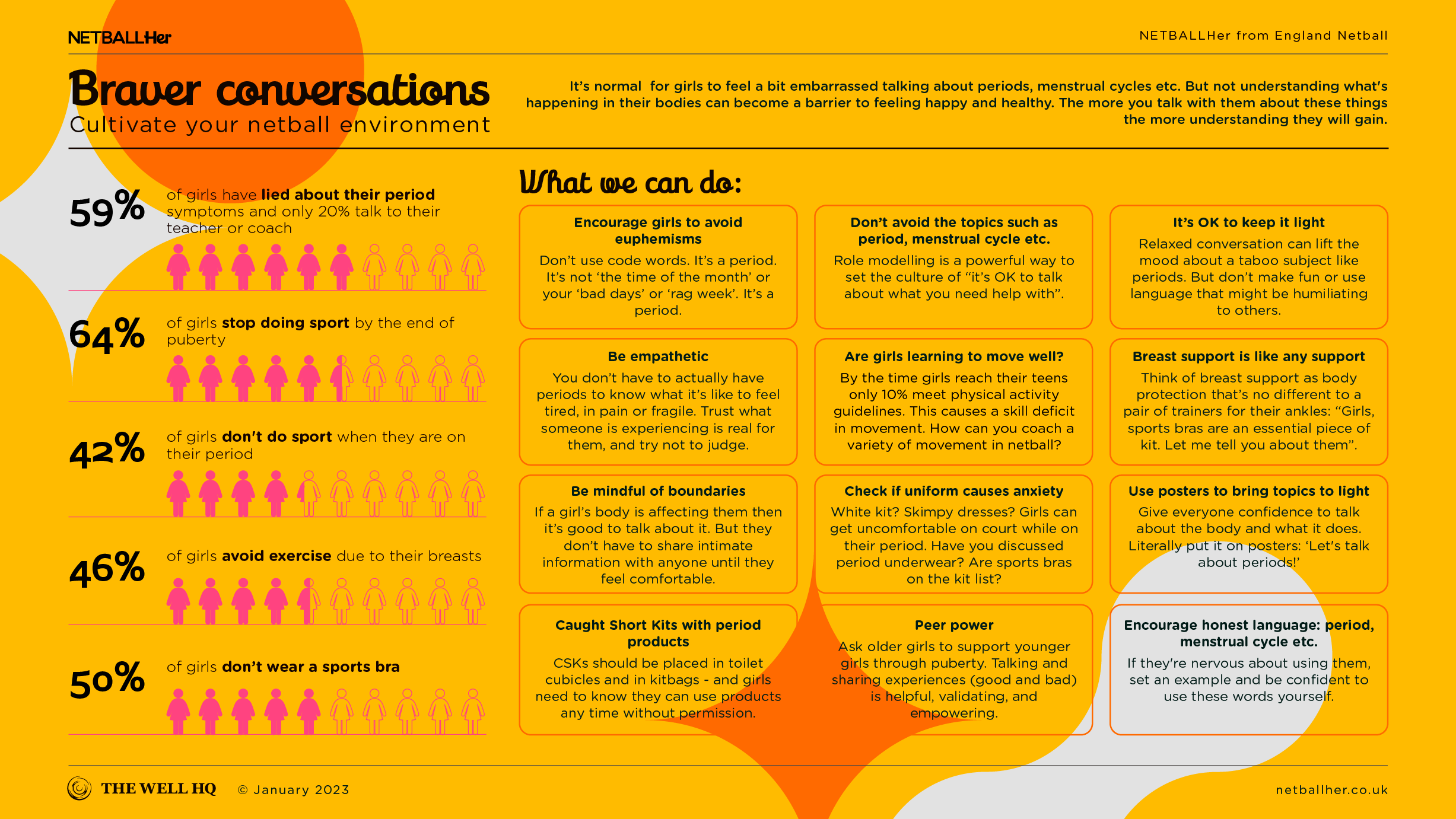Click play for an audio readthrough of this article
It’s time to challenge the subtle narratives we feed young girls and give them better, braver messages
Perfection. It’s a high bar that only gets higher. It’s a bar many women beat themselves with.
Data points at the fact women are more likely to show perfectionist traits than men but there’s more to that nugget than first it appears.
So let’s go on a journey via the inspirational Reshma Saujani, founder of Girls Who Code and the bestselling author of Brave, Not Perfect.
Beaten to brave
In 2010, Reshma, a Harvard politics graduate with a first-rate CV in finance and asset management, surged onto the political scene as the first Indian American woman to run for US Congress.
Reshma ran in a district of New York City where the incumbent, Carolyn Malone, was nineteen years in the job. The polls consistently suggested Reshma wouldn’t win but she raised tonnes of money, got endorsements from various Wall Street and Silicon Valley heavyweights and wouldn’t you know it, she …
Lost.
Yes, she lost. Badly. She polled just 19% … and, as you’ll hear, it broke the perfect spell.
Pitfalls of perfect
Reshma’s education and CV were utterly characterised by perfection. Daughter of refugee parents, her drive to be perfect took her to Harvard and Yale before she straight A-d her way into the heart of the US financial system by her mid-twenties.
But her running for congress was, she said, the first time she ever did anything where being perfect – and achieving that perfect outcome – just didn’t matter. It was 100% about being brave.
For Reshma, running for office broke a spell and there’s a huge lesson in that for all of us. Perfectionism is made to matter almost by design in girls … and we all lose out as a result.
Perfect socialisation
From a young age, girls are taught to avoid risk, swerve failure, smile pretty, play it safe and ace exams. Contrarily, boys are encouraged to play rough, aim high, take risks and worry not about failing. Boys are rewarded in kudos when they climb atop the monkey bars and jump off, not so the girls …
This early conditioning lands a message that girls take with them: luck, pluck and bravery aren’t female currency.
This kind of socialisation manifests in the different ways men and women behave in life. For example, men will ask for a raise or a date when deep down they suspect it won’t happen. But still they’ll ask. It’s instilled in men to try and try again, and every so often it pays off.
Women? Not so. We stay cautious and make our play only when we’re situated perfectly …
Only if everything’s right …
A Hewlett Packard workplace study found that men will apply for a job if they meet 60% of the criteria, yet women will apply only if they meet 100% of the criteria.
In fact, in the 1980s psychologist Carol Dweck studied fifth graders’ handling of a difficult task and found that the brightest girls quit quickest of all. Dweck found that the higher a girl’s IQ, the more rapidly she threw in the towel.
Despite fifth-grade girls academically outperforming boys in nearly every subject, the girls bowed out of Dweck’s task while the boys embraced it. Boys buzz on different instincts so they redoubled their efforts to meet the challenge.
Hence when we raise girls to be perfect and boys to be brave, we pull a valuable character trait out of her arsenal. Into life and women have already learned to avoid risks (fear of failure / fear of coming up short against instilled notions of perfection) and they don’t take their shots.
Sure, women’s underrepresentation in business, congress and sport is a result of many things … but her social conditioning is most certainly in there too.
Recoding
In 2012, not long from her election defeat, Reshma launched a company teaching women to code and found it an ideal vehicle to instil bravery; to rewire some of that conditioning.
Why coding specifically? Because it’s pure trial and error. There is no perfection in coding, there is only trying and trying again. It is writing code until you hit a wall, backtracking and trying again until you crack it.
In laying the groundwork for Girls Who Code, a Columbia University computer science professor explained that guys struggling with their work come to me to talk about a problem with the code. But females struggling with their work come to me to talk about a problem with themselves.
What can I do?
This message goes out to parents, teachers, coaches and anyone interested in rebalancing the status quo. Girls being conditioned and socialised in perfection robs them of so much in a society that plainly rewards its pluckiest.
Perfection is abstract and open-ended. No one is perfect. No one.
But bravery is tangible. We see bravery every day. We see it rewarded every day. When practised, bravery is a gateway to breakthroughs, self-esteem and confidence … the only price to pay is a knock or two.
A shift in this paradigm will play into greater female representation in all spheres we lack it, but we have to also have to see that it may be key to things like happiness, fulfilment and a life with fewer regrets.
Some of us older women might pine for a do-over of those seminal moments in life, but maybe we can save this generation of girls the same heartache … if only we’d send them into battle with a different set of tools.
Being imperfect means failing and trying again. This is sport in a nutshell. This is life in a nutshell. Hence we have to raise our girls to be courageous, to take their shots and support one another in failure.
Ask Reshma, the only thing any of us can do perfectly is to be brave and try.
As a reminder, the content of the course belongs to The Well HQ. You have permission to access and use the content yourself or, if you are an organisation, for the number of users selected, but are not otherwise permitted to share such content with others, all in accordance with our Course Terms and Conditions.


























